US, Europe plan to seize Russia’s $300 billion in assets for Ukraine war: Report
The United States and Europe have devised schemes to take possession of Russian assets for utilization of funds in the Ukraine war, according to a report in the US media.
The New York Times reported the administration of US President Joe Biden is now showing favor in seizing over $300 billion in assets the Russian central bank has set aside in Western financial institutions.
The US administration has also commenced urgent talks with its allies about utilizing these funds to support Ukraine's war effort during a period when financial support for the proxy war is running short.
Until recently, US Treasury Secretary Janet Yellen had voiced legal reservations about seizing Russian assets, insisting that without action by Congress, seizing the funds was “not something that is legally permissible in the United States.”
There has also been concern among some top American officials that nations around the world would hesitate to keep their funds at the New York Federal Reserve, or in dollars if the US established a precedent for seizing the assets.
The Biden administration, however, in coordination with the Group of 7 industrial nations, has begun devising a new stance on the matter and whether the administration can use the existing laws, or whether it should gain congressional approval to take possession of the Russian assets. Pressure for adopting the new viewpoint has been gaining mounting support in Congress, giving the Biden administration optimism that it could soon be granted the necessary authority.
Officials said the talks among finance ministers, central bankers, diplomats and lawyers were gaining momentum recently.
Meanwhile, the Biden administration is pressing Britain, France, Germany, Italy, Canada and Japan to devise a new strategy to fund the US-led war against Russia by Feb. 24, the second anniversary of the kick-off of Russia’s special military operation in Donbas.
Lavrov: 'Germans are thieves'
In related news, German officials have announced plans to seize almost $800 million in Russian assets from a bank’s account in Frankfurt.
German officials said Russia’s alleged violations of EU sanctions slapped on Moscow had led to the seizure of Russia’s money.
In reaction to the move, Russian Foreign Minister Sergey Lavrov branded the Germans as “thieves”.
“They are thievish, we realized this a long time ago. They have been treacherous all along in political terms, you know: in the sense of reneging on agreements and trying to deceive someone. Now they have turned out to be thieves in the literal sense,” Lavrov told journalists at a press conference on Thursday following visiting Africa.
The top Russian diplomat said the West is “laser-focused on the idea of finding some legal way to confiscate Russia’s assets,” starting with redirecting the interest from the currently frozen funds to Ukraine.
“The Europeans still have some rudimentary respect for their own laws, so they are delaying these decisions. But according to our sources, behind the scenes the Americans are advising them on how to change these laws to steal everything,” he explained.
Last year, around €260 billion ($287 billion) of Moscow’s central bank assets were immobilized in G7 countries, the EU, and Australia. An estimated €210 billion ($232bn) of Russia’s reserves were held in Europe, with €191 billion ($232bn) in Belgium, €19 billion ($23bn) in France, and €7.8 billion ($8.6bn) non-EU member Switzerland.
Germany has blocked some €5.3 billion ($5.9bn) of Russian assets in its financial institutions, according to official data. Authorities in Berlin are reportedly now targeting the assets of a Moscow Stock Exchange subsidiary at the German branch of JPMorgan. However, a spokeswoman for the Frankfurt-on-the-Main court told TASS that the motion was still under “preliminary consideration.”
Russian Finance Minister Anton Siluanov warned on Thursday that “an absolutely symmetrical response will follow” if the European Union decides to tap into profits generated from the frozen funds. He noted that there are sufficient foreign assets held in specialized ruble-denominated bank accounts, including dividend reserve liabilities to counterparties from “unfriendly” countries.
Russian President Vladimir Putin said earlier this year that Russia’s economy not only warded off West’s sanctions but also became stronger in the process.
“In general, the situation is stable. We have overcome all the sanctions-related issues, and have started the next stage of [economic] development on a new basis, which is fundamentally important,” Putin stated on Thursday in Sochi at the 20th annual meeting of the Valdai Discussion Club, which was attended by experts, politicians, diplomats, and economists from 42 countries.
Putin assured Russians that the West’s sanctions were restructuring the Russian economy in a positive way.
VIDEO | Press TV's news headlines
Senior Russian general shot and wounded in Moscow: Officials
UK ordered in 'milestone' court ruling to pay $570 million for colonial-era massacre
VIDEO | Defying the rubble, Gaza opens its first face-to-face school since start of war
‘Ready for next round’: Million-man rally in Yemen backs Gaza, resistance
FM Araghchi departs Muscat for Doha following nuclear talks with US
Israeli keeps killing more Palestinian civilians in Gaza amid relentless ceasefire violations
Aliyev: Azerbaijani territory will not be used for threats against Iran


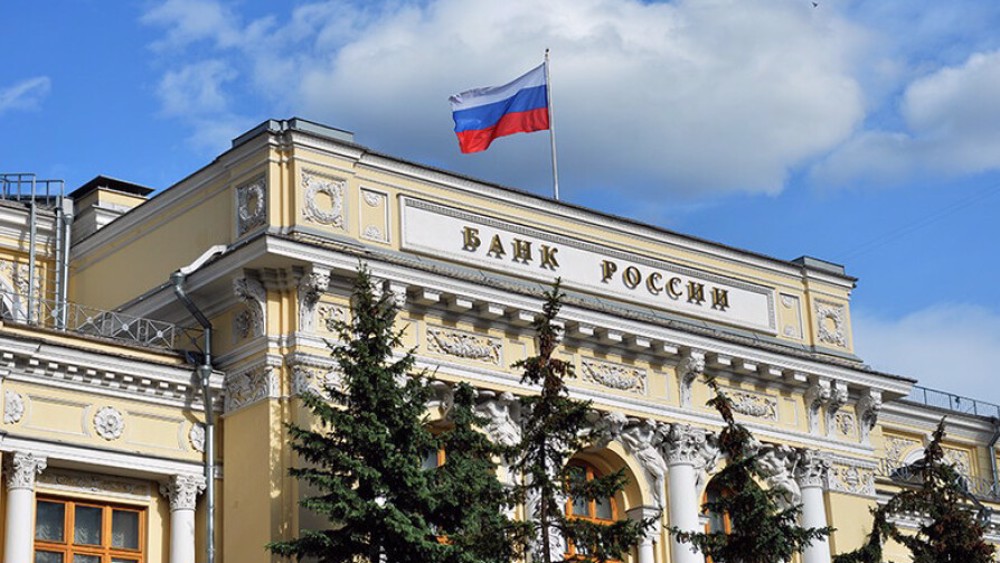
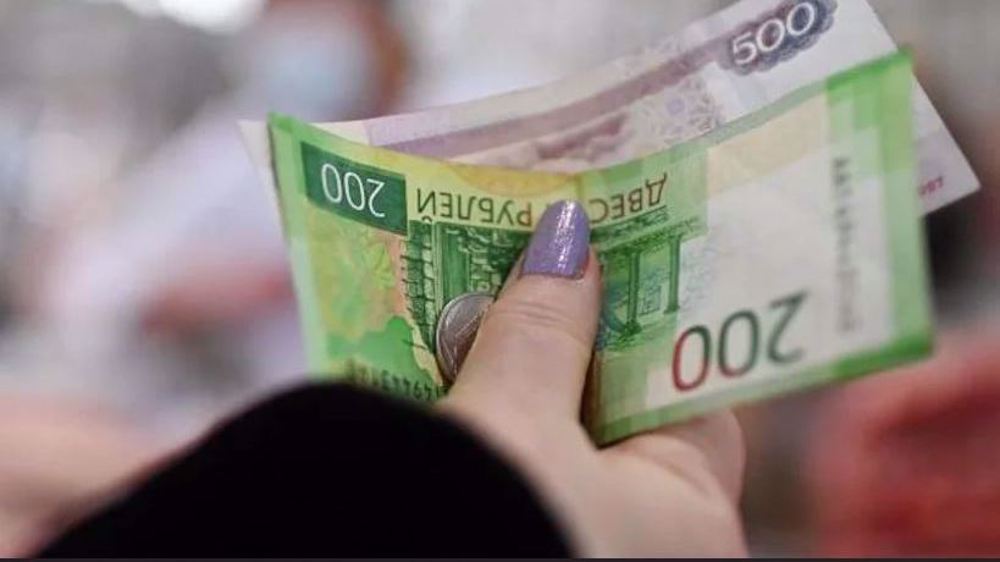
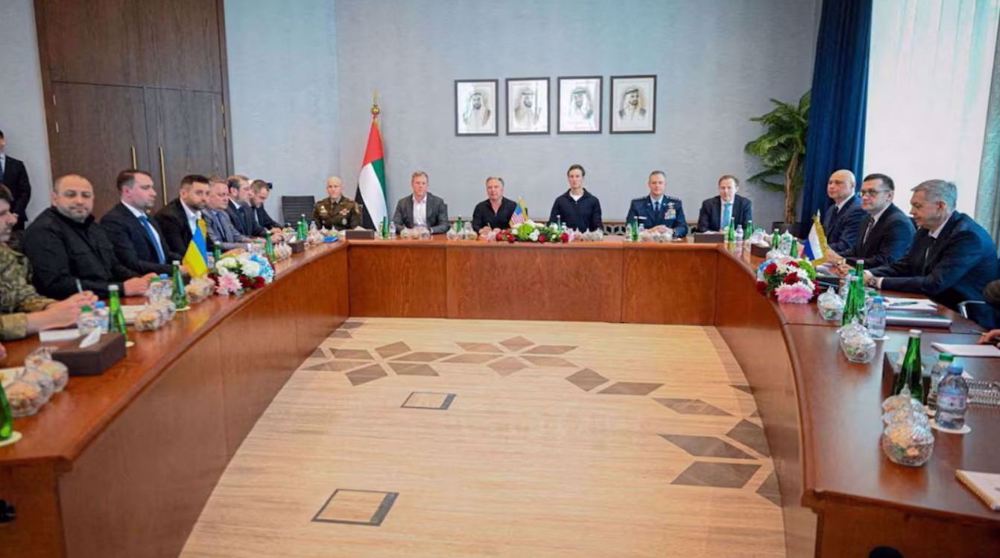

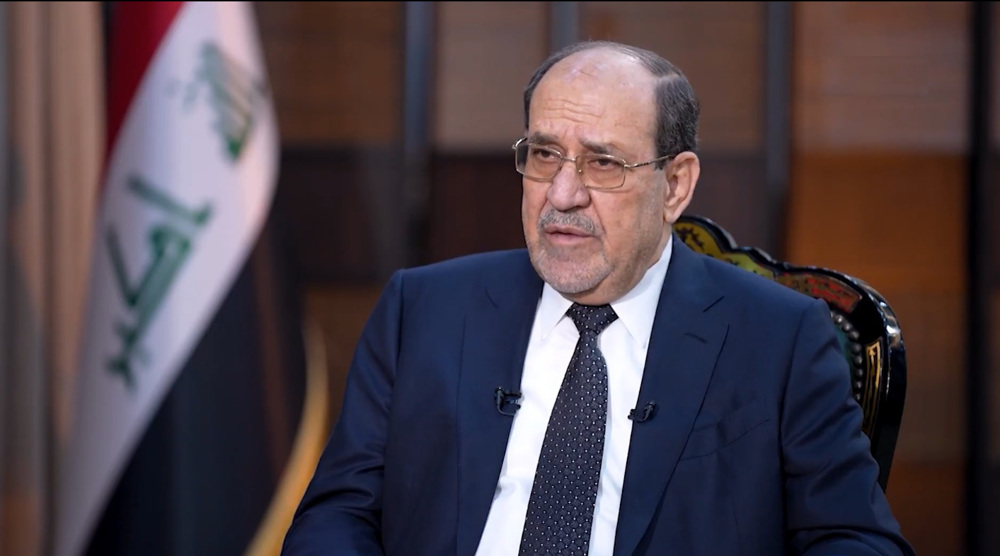



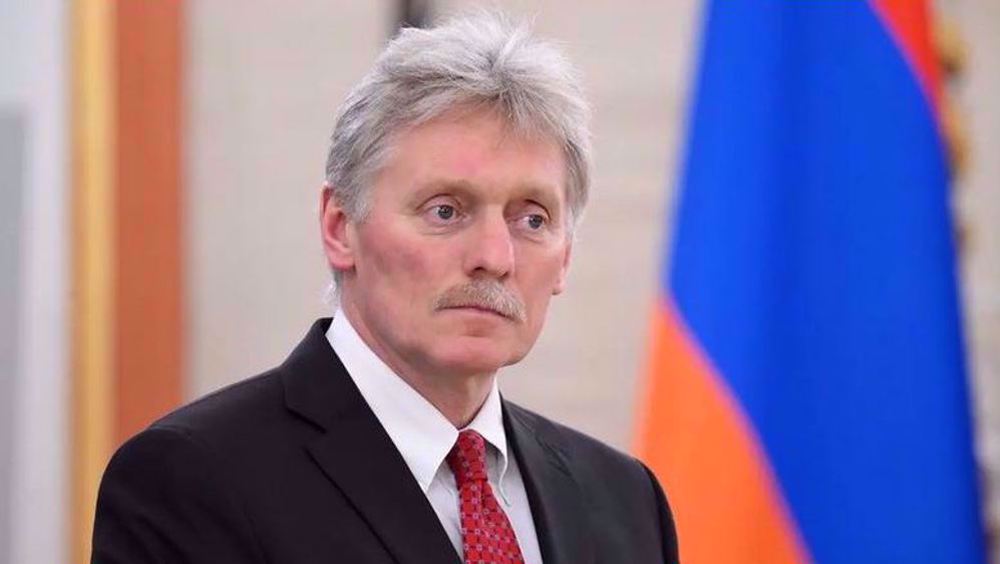
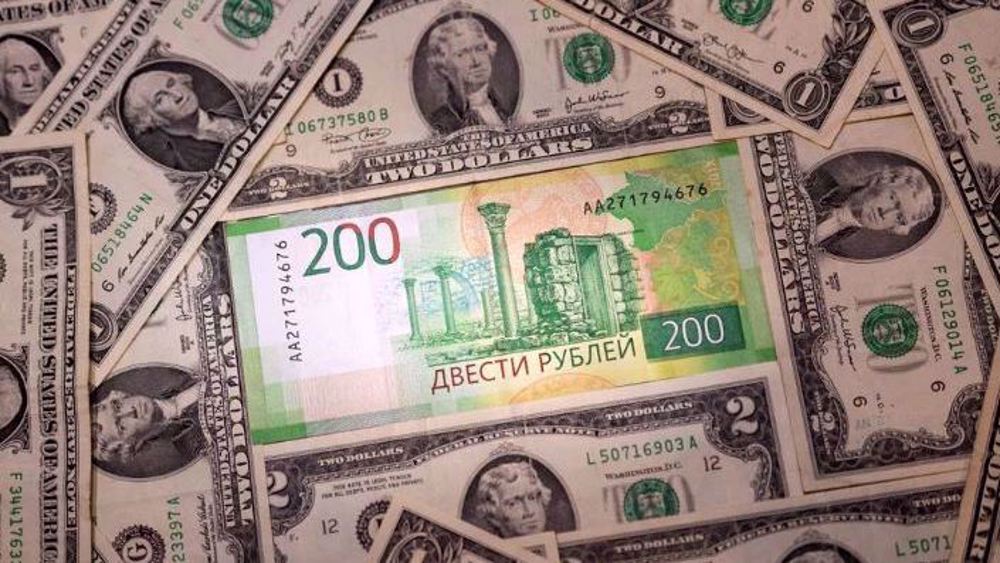

 This makes it easy to access the Press TV website
This makes it easy to access the Press TV website